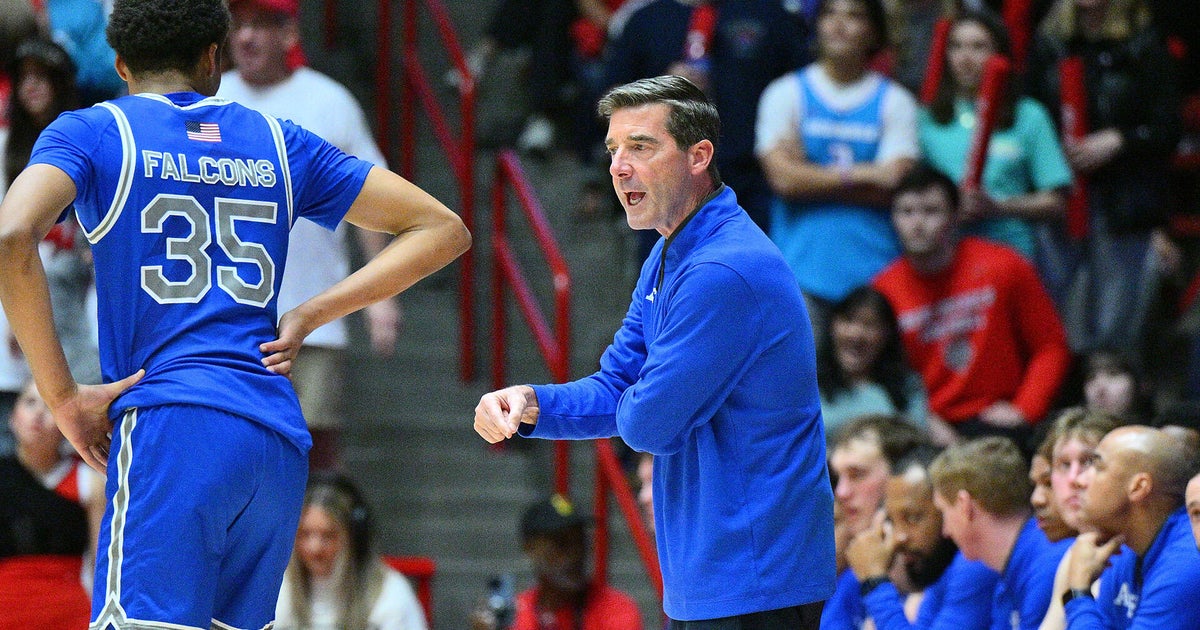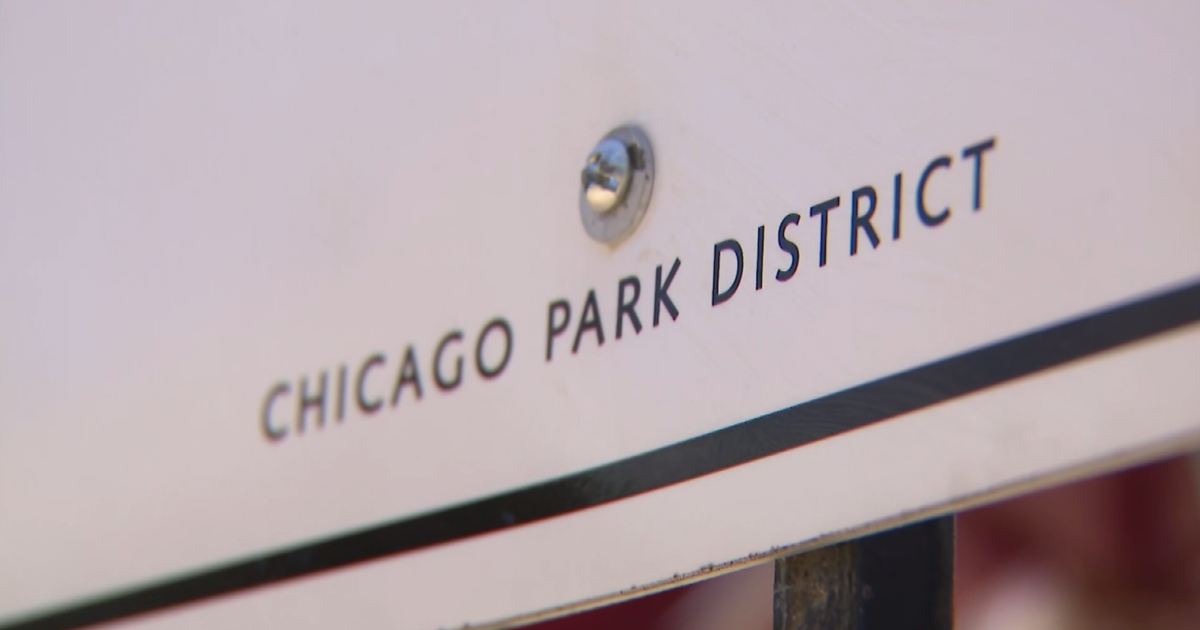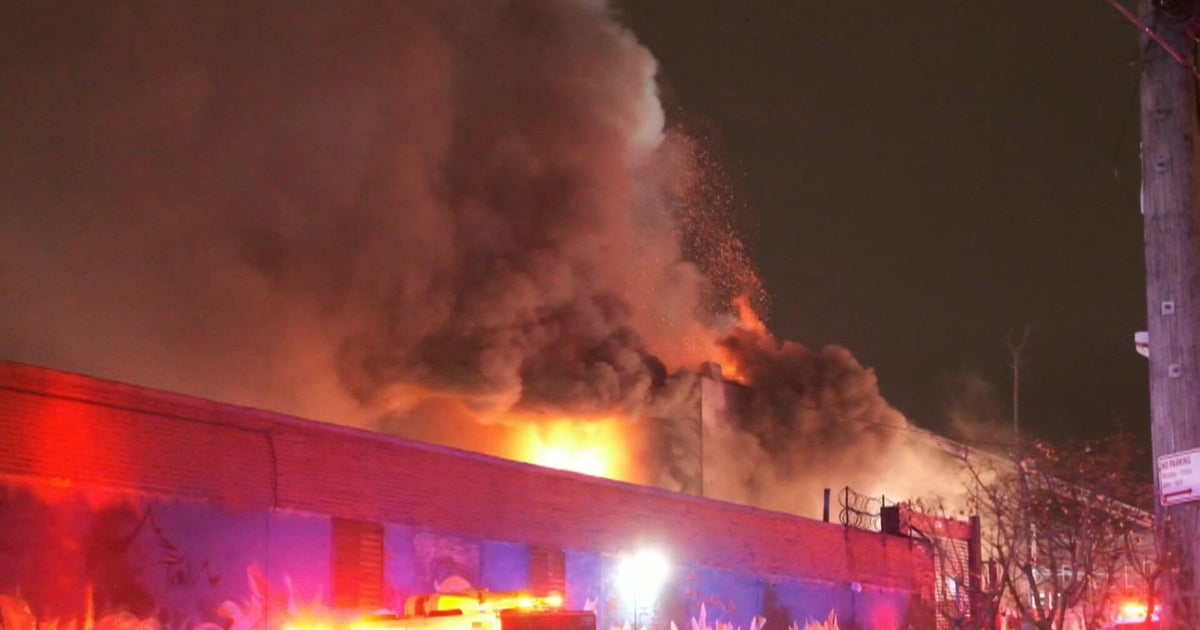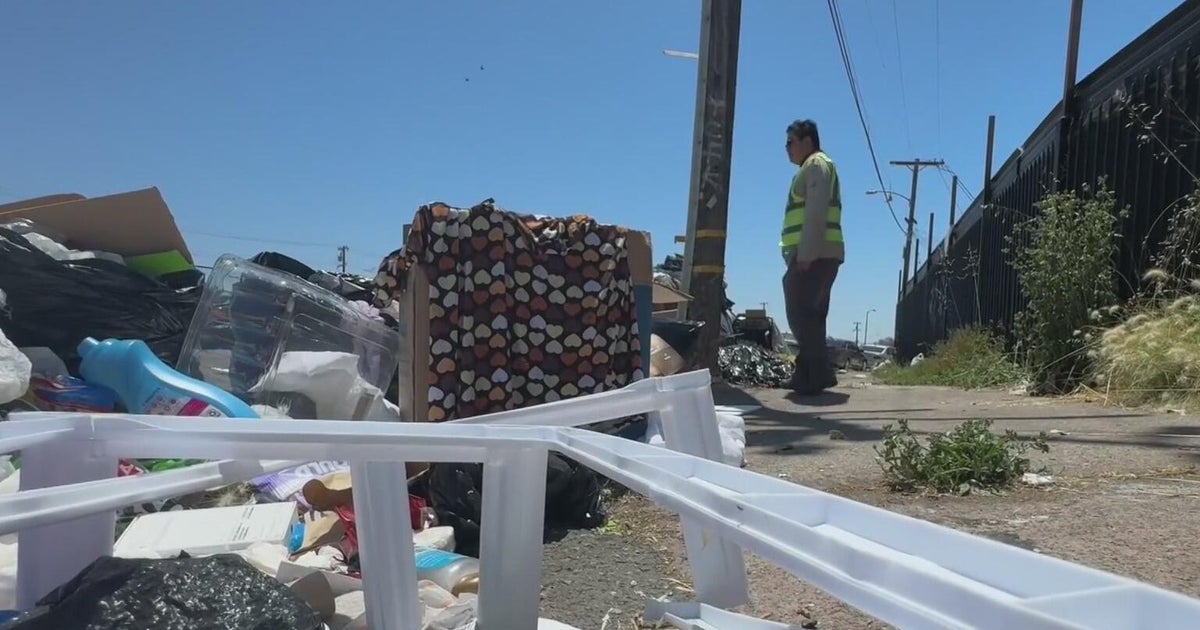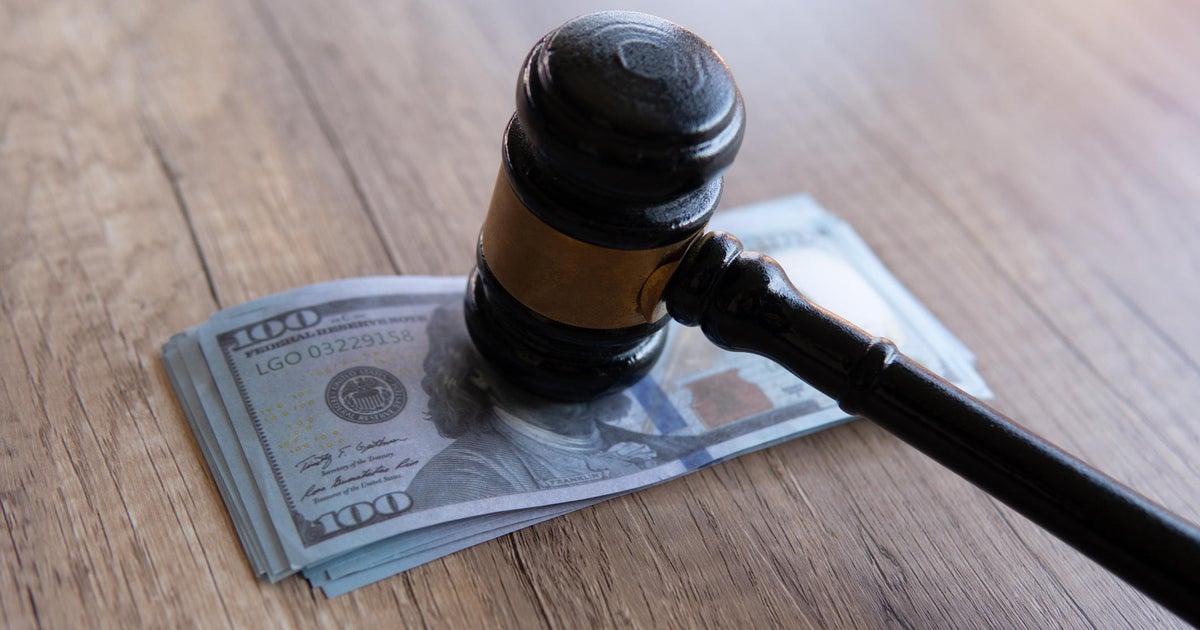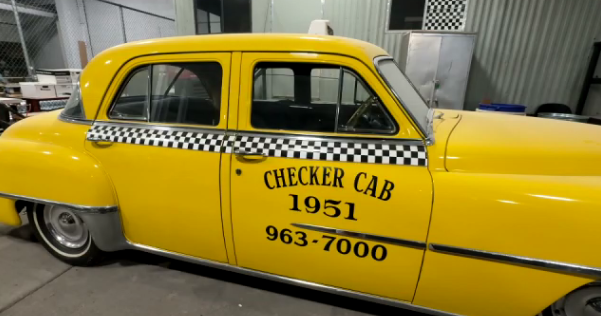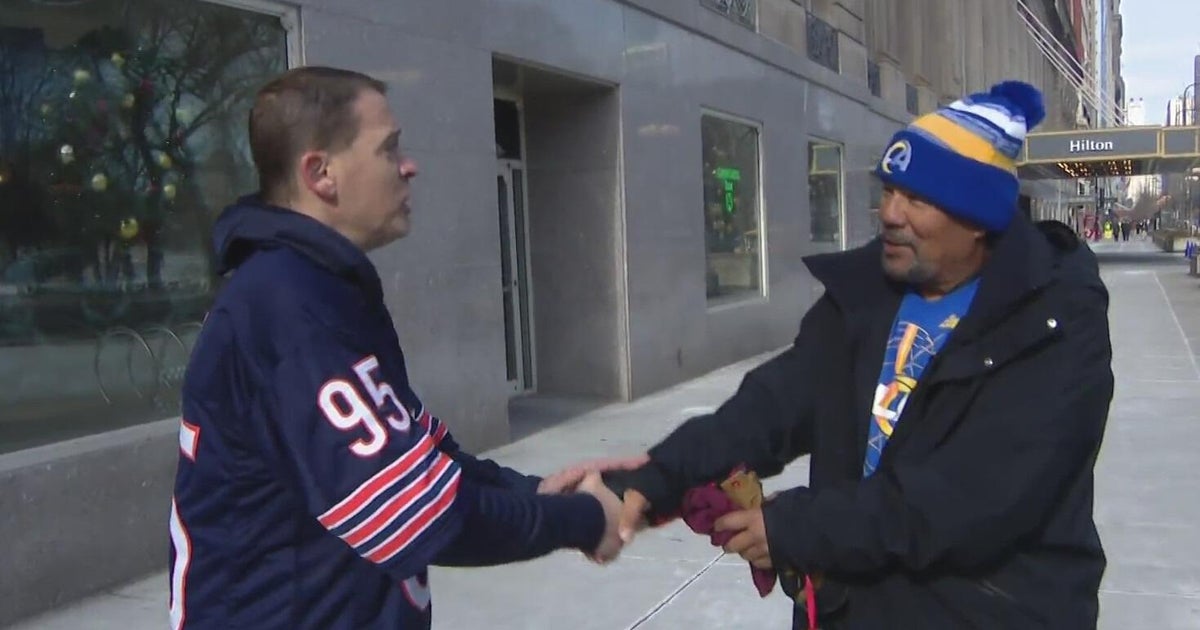On Your Side: Resale shopping trend booms with soaring inflation
What's old is now new -- to you. The resale market is booming as inflation soars and consumers try to find ways to save.
The global secondhand market is expected to reach $350 billion by 2025.
Consumers we spoke with say both the pandemic and inflation have forced them to get creative so they can afford the labels they love.
Designer labels and sought-after brands. Some items have never been worn.
Resale shopping expert Suzanne O'Connor runs the website BargainsLA.com. She took us to Trove in Westwood to show us the art of resale.
"It's higher quality than thrifting," said O'Connor.
We saw clothes from ZARA and Barneys, Madewell and Lilly Pulitzer too. And high-end designer brands like Carolina Herrera and vintage Escada.
There are accessories too. Christian Louboutins, with the signature red soles, and Prada heels. Fancy flats and never-worn running shoes. There are also designer purses from Hermès, Chanel, Coach and Jimmy Choo.
"I would bet this would go for well over $1,200," said O'Connor. But at Trove, it was $200.
Can you trust that they're real?
"In most quality resale stores you can, because they are taught how to authenticate," said O'Connor.
You can also get designer perfume, some new, some barely used, for less than half of the retail price.
Kimberly Berg is a regular resale customer.
"Because I find that I can get quality products and not necessarily have to break the bank in order to do it," said Berg.
Berg recently found a Skagen watch, which are no longer made.
"It was like 40 bucks and it's usually a $500 watch," said Berg.
More than a third of consumers say they spent more on secondhand clothes than new apparel in the last year, according to a new study by the resale marketplace thredUP.
The U.S. market is expected to reach $70 billion in less than five years.
Trove owner Danielle Darnault says her sales have taken off with inflation. Not just for buyers, but for sellers.
"As eggs become more than a gallon of gas, which becomes more than the Starbucks indulgence, you're looking at your closet like 'OK, maybe I don't need to get a side hustle, maybe my side hustle is sitting in my closet,'" said Darnault. "We have seen an explosion of drop-offs."
At Trove, sellers then make 40-percent of what their item sells for.
"They're picky about what they take," said Suzanne O'Connor. "It's got to be in season, it's got to be a certain level of quality. It can't have any stains. Getting quality at a bargain price never goes out of style."
Resale also is environmentally friendly. Eighty-five percent of our clothes here in the United States end up in the landfills, or they are burned.

